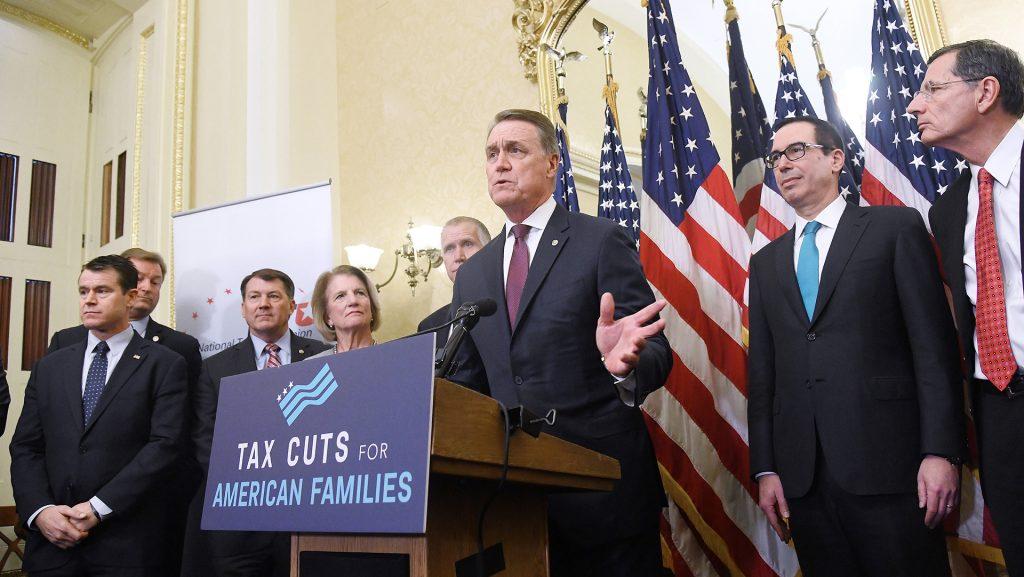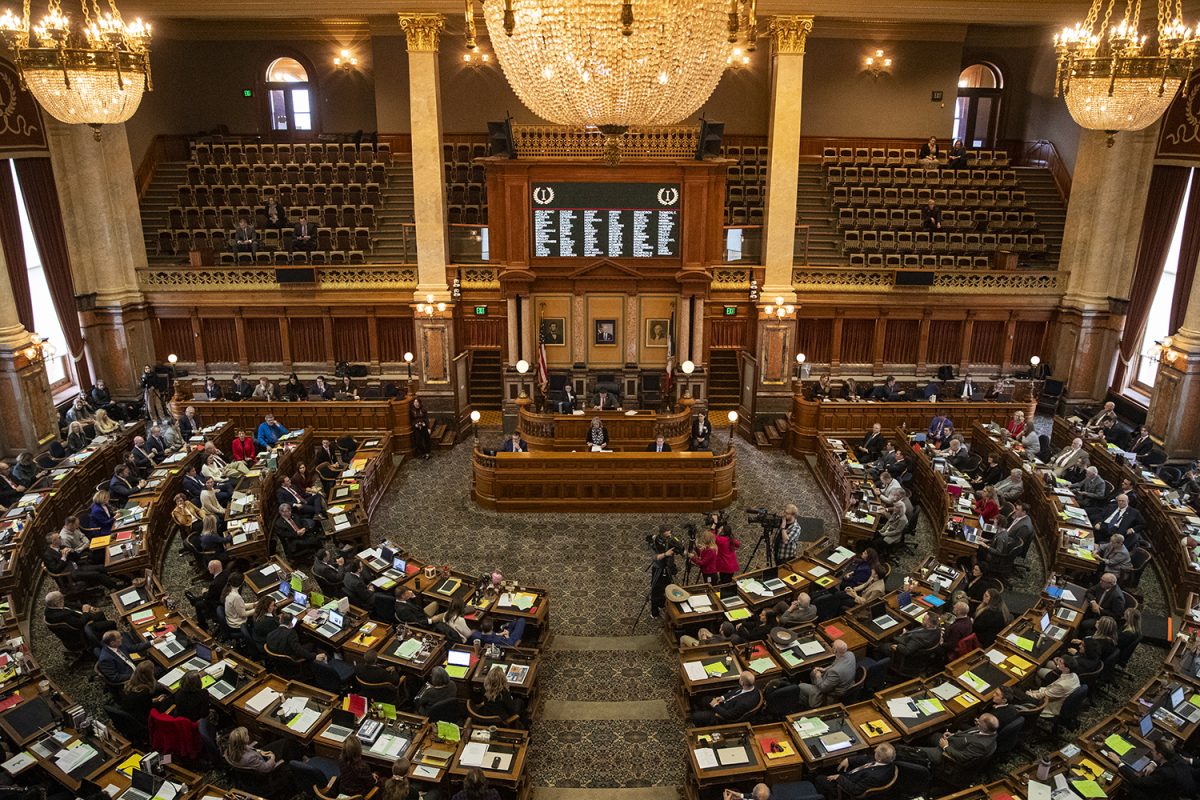Iowa congressional delegates say the proposed tax changes will increase standard deductions and family tax credits, spurring growth and investment in the U.S. economy.
“It should also help spur hiring, investment, and increased wages,” said Sen. Chuck Grassley, R-Iowa, in a Nov. 2 press release from his office.
The House Ways and Means Committee draft tax proposal was released Nov. 2, followed by the Senate’s proposal on Nov. 9. The Senate Committee on Finance is set to begin markups on the Senate Tax Cuts and Jobs Act today.
In the Nov. 2 release, Grassley said he will work to make sure the final bill addresses the estate tax and includes relief for small businesses.
“We’ve been talking about this tax bill with Iowans over a long, long period of time. I suppose the last three months,” Grassley said in a Nov. 8 press call. “If I’m not successful in doing what you want, remember I’m going to vote for tax reform because we haven’t had it for 30 years.”
Congress has not passed comprehensive tax proposal since the enactment of the Tax Reform Act of 1986, which was a bipartisan effort.
In a Nov. 9 press release from his office commenting on the Senate’s proposal, Grassley said the tax code has become “a dream come true” for accountants and lobbyists but a “nightmare for most Americans.” He said the centerpiece of the Senate is also a middle-class tax cut.
RELATED: Guest Opinion: Congress should retain tax provision helping Iowans pay for college
According to a summary of the Senate proposal, a family of four earning around $73,000 will receive a tax cut of “nearly $1,500.”
Grassley said increased standard deductions and tax credits will simplify tax filing overall and remove many low-income citizens from the tax rolls.
A summary of the House draft proposal said a family of four earning $59,000 will receive a $1,182 tax cut.
In the meantime, while the Senate plan preserves the existing tax credit for households caring for a non-child dependent, such as a parent or grandparent, the House proposal increases the credit to $300 per parent or non-child dependent.
The House plan also expands the child tax credit from $1,000 to $1,600, while the Senate plan increases the same tax credit to $1,650.
In a Nov. 5 press release from the office of Rep. David Young, R-Iowa, he said Iowa’s members of agricultural sector are particularly in need of tax changes.
“Many farmers, producers, and owners … do not believe they are able to compete with businesses in other countries who are paying less taxes,” Young said.
RELATED: Guest Opinion: Wariness needed in tax reform
Both plans increase the standard deduction for individuals from $6,350 to $12,000 and from $12,700 to $24,000 for married couples. The Senate proposal additionally increases the standard deduction for parents from $9,300 to $18,000.
Meanwhile, according to its summary, the Senate’s Tax Cuts and Jobs Act “lowers individuals tax rates for low- and middle-income Americans by effectively expanding the zero tax bracket and maintaining a 10 percent bracket.”
The House proposal would lower individual tax rates to zero, 12, 25, and 35 percent.
Both plans keep the rate for high-income earners at right around 39 percent.
On Nov. 6, Rep. Steve King, R-Iowa, and 11 of his colleagues sent House Ways and Means Committee Chairman Rep. Kevin Brady, R-Texas, a letter requesting King’s New Illegal Deduction Elimination Act be included in a provision to the tax-change proposal.
The provision would make it illegal for employers to make deductions based on wages and benefits paid to illegal immigrants. In the letter, King said the Center for Immigration Studies estimates this could increase federal tax revenues by approximately $25.4 billion annually.










